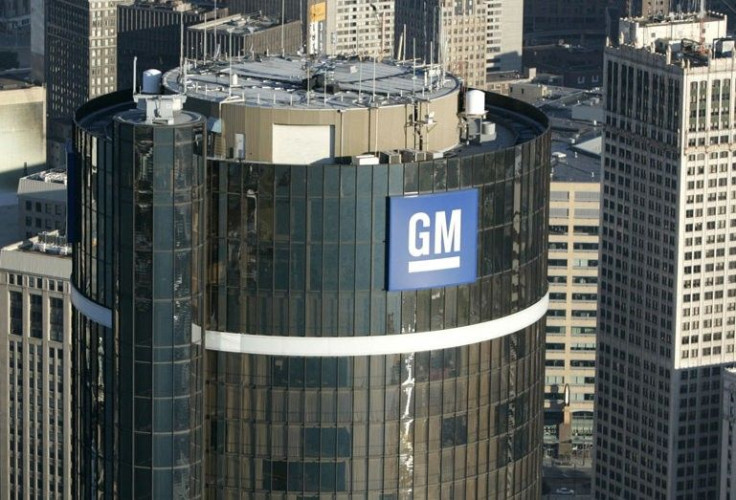
As President Obama would have you know, it was his administration and $50 billion worth of Treasury funds that saved the American auto industry. Of course, General Motors and Chrysler is ever grateful for the government's aid, and rightfully so. However, in an op-ed piece in the Wall Street Journal written by former GM chairman and CEO Ed Whitacre, the Treasury is strongly urged to sell its stake in GM.
Understanding the sensitive nature of the request, Whitacre was quick to praise the government's action during the financial crisis. "GM has gone from down on its knees in bankruptcy to solvent and standing strong. By that measure alone, Treasury's $50 billion gamble on General Motors has been a resounding success... The courageousness of that effort, which started under President Bush and continued in in force under President Obama, can't be underemphasized."
However, what comes with the monetary aid are heavy supervisions and even scrutiny over operations within GM. Under the government authority of the Treasury's TARP, the Troubled Asset Relief Program, GM must invest a lot of its time working with TARP administrators that audit everything from hiring, to executive compensation, to management. As General Motors is already held responsible as a global company, Whitacre claims that the addition of TARP causes a lot of distraction and hinders GM's ability to increase its rate of growth.
Whitacre says, "The company already answers to a lot of constituencies: stockholders, unions, Wall Street and global competitors. Adding TARP to the mix for another few years, or even another few quarters, is not fair to GM or to the one million people it employs, directly and indirectly."
As a final thought, Whitacre also believes that as long as TARP is still involved with GM, then the company will continue to be regarded as "Government Motors," causing competitors and even employees to believe that General Motors is still too broken to stand on its own feet. "While GM might have been a failure three years ago, it's not today. But it's also not the master of its own destiny--and it never will be as long as it's under TARP."
Unfortunately, despite Ed Whitacre's well-structured request, it is highly unlikely that the government would sell it's shares. If the U.S. Treasury Department were to sell all its shares now, then it will suffer an enormous loss in investments due to GM's seemingly perpetual low share values.




